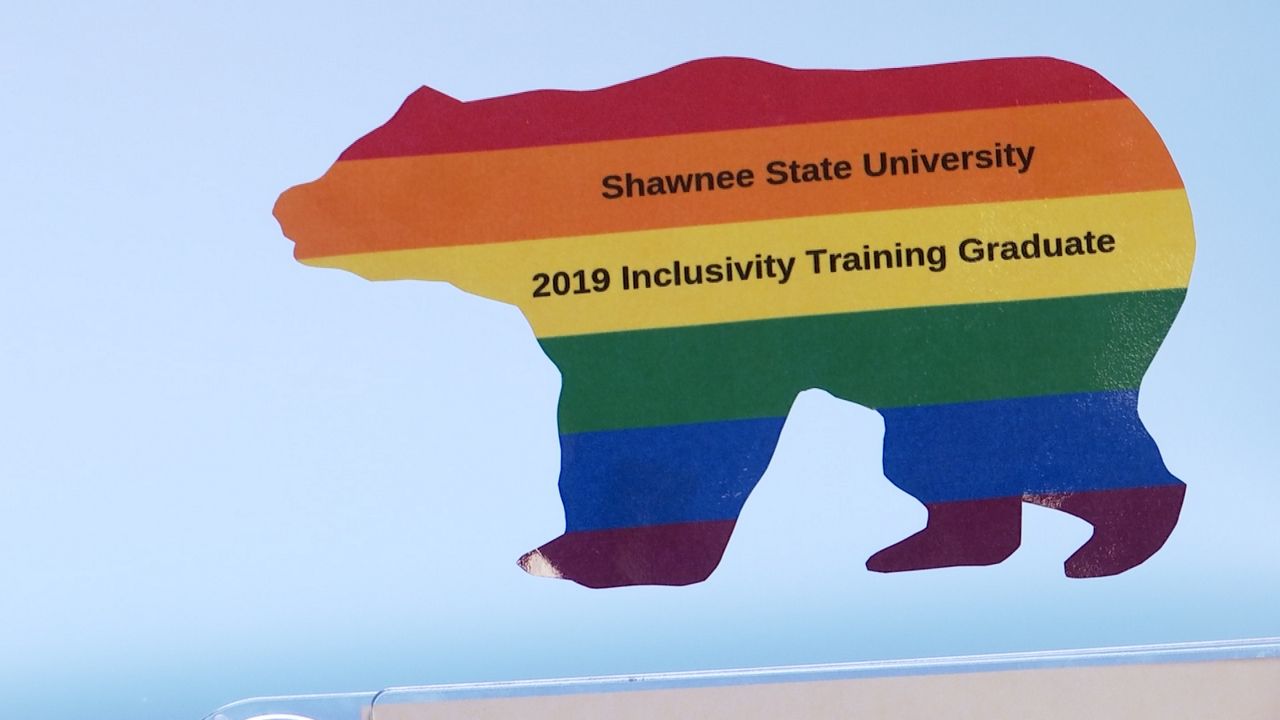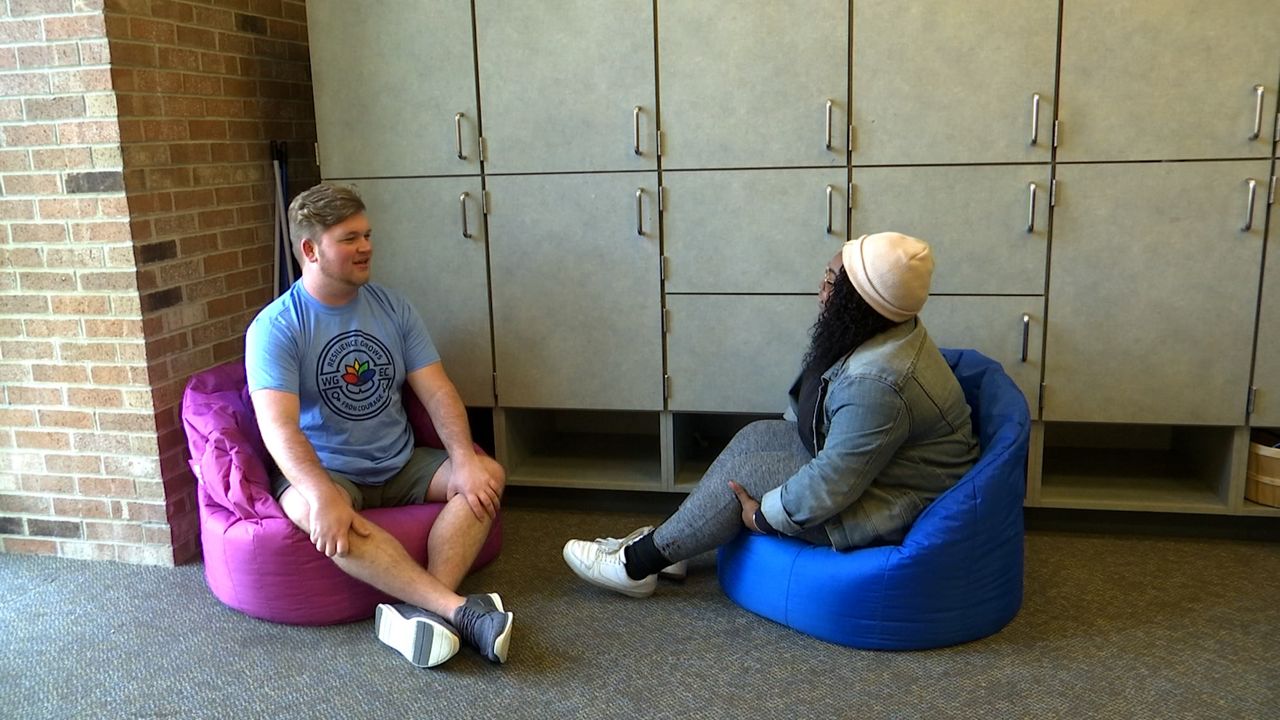PORTSMOUTH, Ohio — After a four-year legal battle, Shawnee State University settled a lawsuit with one of their philosophy professors who sued after being reprimanded for refusing to use a student's preferred pronouns.
He and his attorneys claimed the university infringed on his free speech and religious liberties by compelling him to refer to the student by gender identifiers that did not match her biological sex.

Nick Meriwether received $400,000, $5,000 in damages, and the remainder to cover legal fees. His official letter of reprimand was rescinded, and he remains employed at the university.
Shawnee State, meanwhile, maintains the university administration did not infringe on his rights, but was forced to settle for economic reasons.
“The university is always going to try to protect our students, and sometimes, that’s a financial protection as well,” Marcie Simms, the dean of students, said.
The incident happened in 2018. According to the lawsuit, Meriwether, a philosophy professor, referred to the student as “sir,” in class. She later requested the professor to use “she/her” pronouns while addressing her, but he refused.
University officials said the student was enrolled in Shawnee State as a woman and all of her identifying information with the school matched her gender identity. According to the office of Women’s and Gender Equity on campus, the professor was not given any indication of the student’s identity as a trans woman until the student filed her official complaint with the school.
In response to the complaint, the administration at Shawnee State wrote up Meriwether, who then approached the Alliance Defending Freedom to take the school to court.
The ADF, a Christian conservative legal advocacy group, has a history of legislating free speech and religious freedom cases often related to LGBTQ issues. The group played a role in a number of Supreme Court cases, such as Hollingsworth v. Perry, in which they defended California’s Prop 8, at the time outlawing same-sex marriage, and Burwell v. Hobby Lobby, in which they represented Hobby Lobby as it sued to strike down the birth control mandate in the Affordable Care Act.
Logan Spena, an attorney with the ADF Center for Academic Freedom, said Meriwether’s case represented bigger questions about free speech on college campuses.
“It’s not just the pronouns; it’s about whether or not the university can compel ideological conformity,” he said.
Spena argued because Meriwether was not found to be harassing the student in the case, he had the right to refer to her by the pronouns he saw fit.
“A person has the right to express themselves and their own identity, but they can’t demand that every other person affirm their own account of reality,” he said.

For students on campus involved in the Women’s and Gender Equity Center, the case and its settlement came as a disappointment, but some, like Trevor Zimmerman, wanted to make a point that this case did not represent everyone’s experience at Shawnee State.
“Every single faculty or staff member that I’ve had or professor that I’ve ever met has been so supportive of me,” he said.
Zimmerman said he struggled with his identity and, while he wasn’t willing to publicly share how he identifies, he said he found acceptance among faculty and fellow students in a way he hadn’t found before college.
“Shawnee State University is absolutely one of the most welcoming and supportive campuses that I’ve ever been to,” he said.
Simms, meanwhile, worries the lawsuit and settlement could have a chilling effect on students who might experience discrimination or feel unaccepted on campus.
“I also tell them if they do have concerns, reach out to me,” she said. “The parents, too, because sometimes the students won’t.”
According to the Women’s and Gender Equity Center, 500 students on campus identify as LGBTQ.
Zimmerman said the campus offers a number of programs and support systems to help those students and others with diverse backgrounds and identities feel safe. He hopes that’s enough for any prospective students to choose Shawnee State, despite what they might assume from the lawsuit.
“If I’m just gonna be completely honest, Shawnee State University has completely changed my life,” he said.









